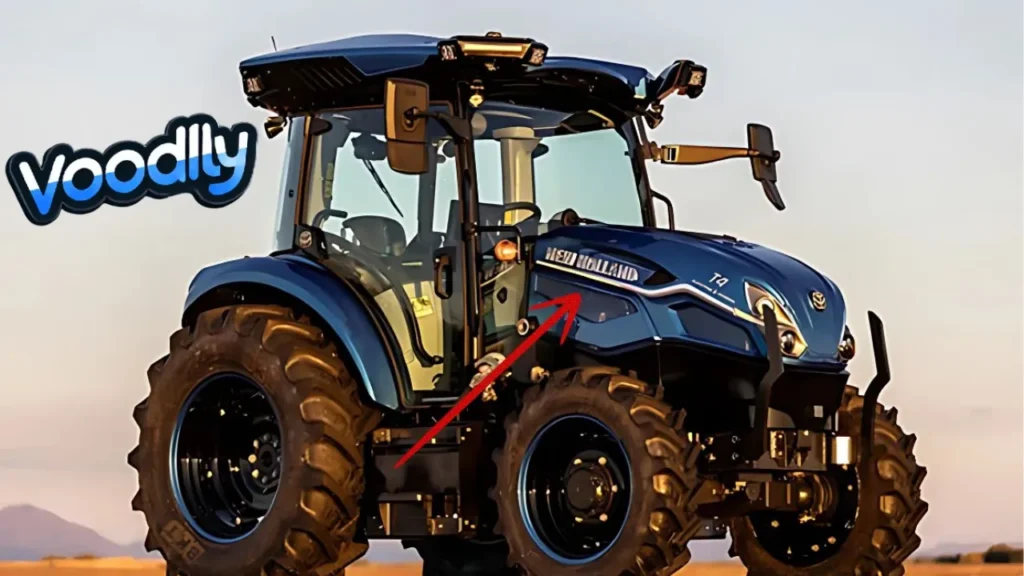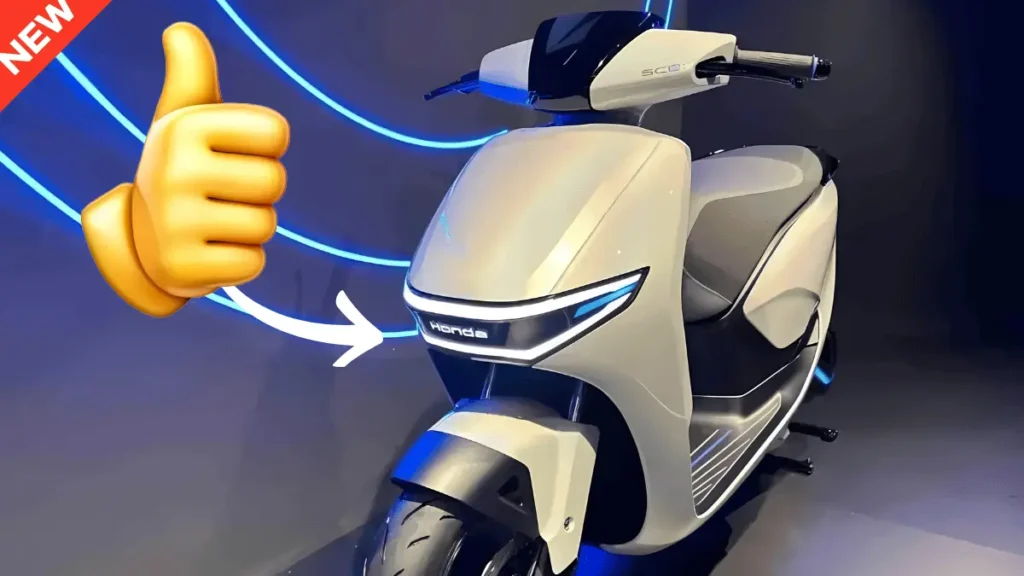Revolutionizing Agriculture with Electric Power New Holland Agriculture has taken a significant step toward sustainability with the launch of its first fully electric utility tractor in 2025. This innovation is set to transform modern farming by reducing carbon footprints while maintaining high productivity levels. The introduction of this electric tractor marks a new era in agricultural machinery, making farming more eco-friendly and efficient.
The Need for Sustainable Farming Solutions The agricultural industry faces increasing pressure to balance productivity with environmental responsibility. Farmers worldwide seek solutions to maintain efficiency while reducing emissions. New Holland’s latest electric tractor addresses these concerns by offering a zero-emission alternative to traditional diesel-powered machines.
New Holland’s Legacy of Innovation Founded in 1895, New Holland has been at the forefront of agricultural advancements for over a century. From the freeze-proof engine in 1917 to the latest electric tractor, the company has consistently pushed technological boundaries to improve farming efficiency and sustainability.
Advanced Technical Specifications The electric utility tractor integrates state-of-the-art battery technology, smart power management, and high-performance agricultural capabilities. Key features include:
- High-Capacity Lithium-Ion Battery: Enables up to eight hours of continuous operation on a single charge.
- Powerful Performance: Delivers 120 horsepower (89 kW) with a peak output of 140 horsepower for demanding tasks.
- Instant Torque: Provides superior traction and responsiveness in field operations.
Cutting-Edge Features for Modern Farming
- Intelligent Power Management:
- Eco Mode: Extends battery life for light tasks.
- Standard Mode: Balances power and efficiency.
- Power Boost Mode: Maximizes output for heavy-duty applications.
- Regenerative Braking: Recaptures energy during deceleration, enhancing battery efficiency.
- Enhanced Operator Comfort:
- Minimal vibrations reduce fatigue.
- Quieter operation enhances focus and comfort.
- Climate control systems work efficiently without engine heat interference.
- Digital displays provide real-time power usage and performance monitoring.
Environmental and Economic Benefits
- Zero Emissions:
- Eliminates direct carbon emissions.
- Becomes virtually carbon-neutral when powered by renewable energy.
- Noise Pollution Reduction:
- Operates quietly, minimizing disruption to livestock and nearby communities.
- Lower Maintenance Costs:
- Electric motors have fewer moving parts, reducing maintenance needs.
- No oil changes or fuel filters required, leading to long-term cost savings.
Economic Considerations for Farmers While the initial investment in an electric tractor may be higher, long-term financial benefits outweigh the costs. Key economic advantages include:
- Lower Energy Costs: Electricity is more cost-effective than diesel fuel.
- Reduced Maintenance Expenses: Fewer repairs and lower upkeep costs.
- Government Incentives: Potential subsidies and carbon credit programs for sustainable farming equipment.
Maruti Unveils Mini Innova: A Game-Changer in the Indian Market
Real-World Applications and Performance
- Field Operations:
- Suitable for seeding, tillage, fertilizing, and hay production.
- Utility Tasks:
- Efficient for material handling, loader operations, and transport work.
- Adaptability to Various Conditions:
- Instant torque delivery enhances performance in challenging terrains and load fluctuations.
Charging Solutions and Infrastructure New Holland provides comprehensive charging solutions, including:
- Standard Charging: Overnight charging via farm electrical grids.
- Fast Charging: Rapid power replenishment during breaks.
- Solar Integration: Optional solar charging for enhanced sustainability.
Shaping the Future of Agricultural Technology The introduction of electric tractors sets a precedent for future innovations in farming. As battery technology improves and renewable energy becomes more accessible, more electric farming equipment will likely enter the market. Key areas of development include:
- Advanced battery optimization for extended operation.
- Smart integration with precision farming technologies.
- Expansion of charging infrastructure to support large-scale adoption.
Farmer Feedback and Market Response Early adopters of New Holland’s electric tractor report significant advantages, including lower operating costs, improved efficiency, and enhanced comfort. While concerns about charging infrastructure persist, ongoing advancements aim to address these challenges.
Training and Support for Farmers New Holland offers extensive training to help farmers transition to electric farming equipment. Training covers:
- Optimal charging practices.
- Efficient power management.
- Maintenance procedures.
- Safety measures for high-voltage systems.
The Future of Sustainable Agriculture New Holland’s electric utility tractor is a revolutionary step toward a greener, more efficient agricultural industry. By embracing this technology, farmers can improve productivity while reducing environmental impact. The transition to electric farming machinery is set to accelerate, leading to:
- Widespread adoption of electric agricultural equipment.
- Continued advancements in battery and power management technology.
- Greater integration of renewable energy in farming operations.
Conclusion New Holland’s electric utility tractor is more than just an innovation; it’s a turning point for sustainable farming. As the agricultural industry continues to evolve, electric tractors will play a crucial role in shaping the future of eco-friendly and efficient farming. With ongoing advancements, the farming sector is on the path to a cleaner, more sustainable future—one powered by electricity.
Kumar Ravi is a dedicated tech and news blogger with a strong focus on emerging technologies, digital trends, and global news. With a deep understanding of the evolving digital landscape, he delivers accurate, well-researched, and insightful content that helps readers stay ahead in the fast-paced world of technology and current affairs.


